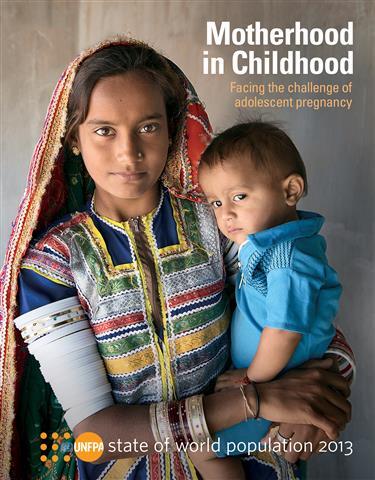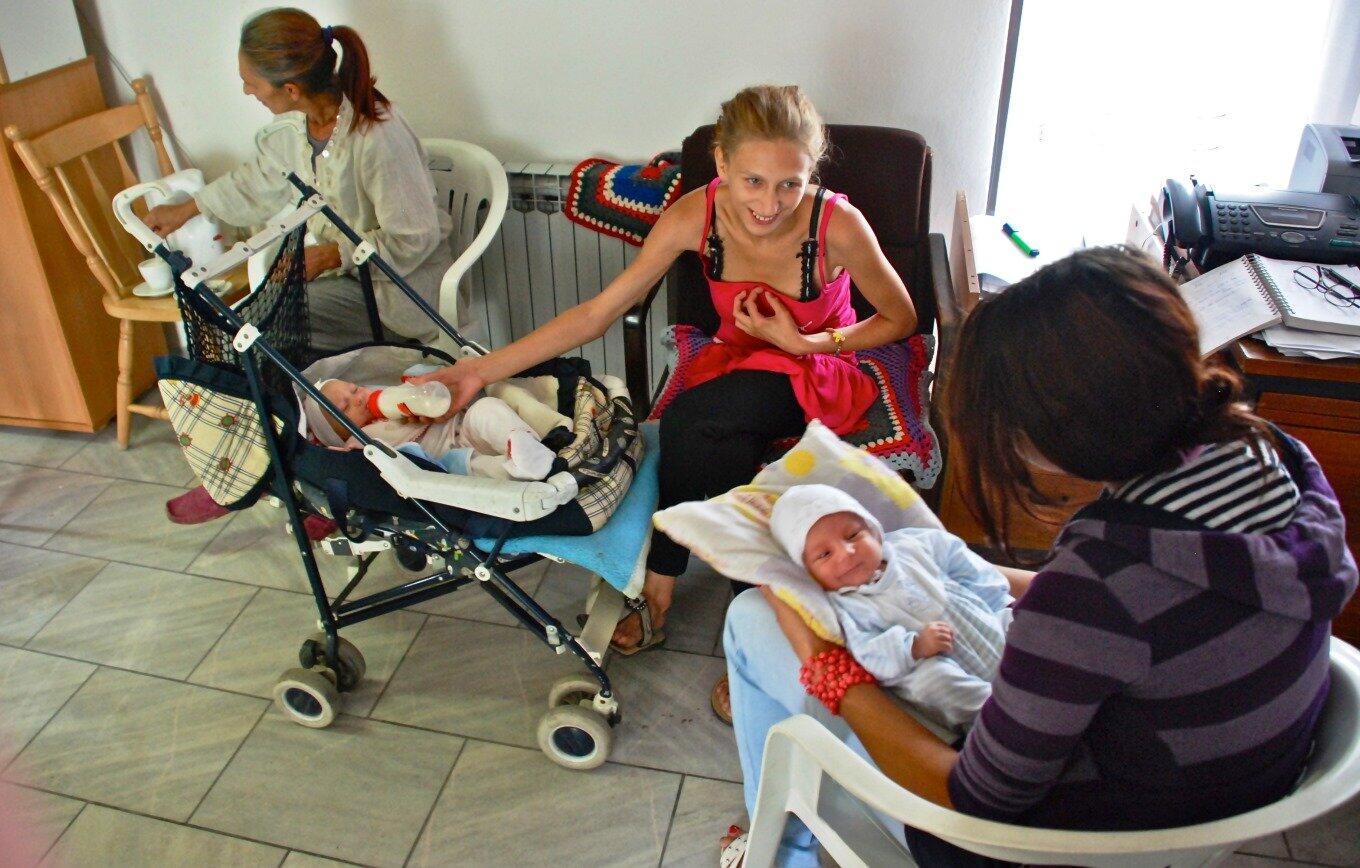VISOKO, Bosnia and Herzegovina — Like many other Roma women in South-Eastern Europe, Arnela and Sabrina gave birth before they turned 18. The two young mothers from Visoko in Bosnia and Herzegovina are sisters-in-law, and they share the experience of having seen their dreams shattered by getting pregnant too early in life.
“I wanted to finish school and become a hairdresser. But my wishes never came true,” says Arnela.
Sabrina, too, had hoped to complete her education and find a job, a place to live, perhaps her own apartment. “But all the dreams I had fell apart,” she says.
Although illegal under national laws across Europe, it is customary for Roma populations to marry their children at an early age. “Almost half of them marry before the age of 18 and many of them marry before age 15,” says Doina Bologa, the UNFPA Country Director for Bosnia and Herzegovina.
Facing social and economic exclusion from mainstream society, and pressures from within their own communities, Roma girls often have no choice but to follow traditions, get married as teenagers and leave school. Even if this means the end of their dreams – and often, a life lived in poverty.
More often than not, early marriage is followed by early pregnancy and childbirth. In neighbouring Serbia for example, the adolescent birth rate among the Roma minority is 158 per 1000 women, more than six times the national average of 24. In Bulgaria, more than 50 per cent of Roma girls give birth before they turn 18 years old. In Albania, the average age of Roma mothers at the birth of their first child is 17.




